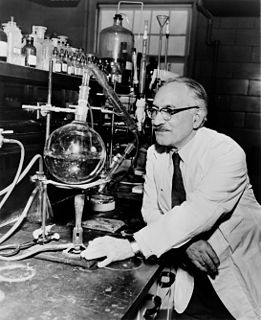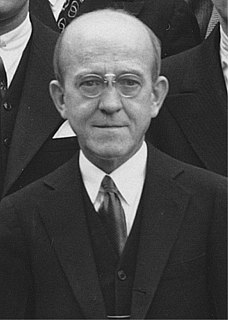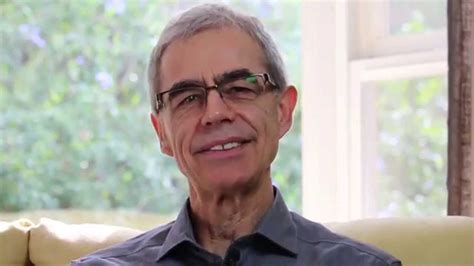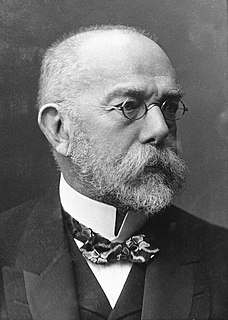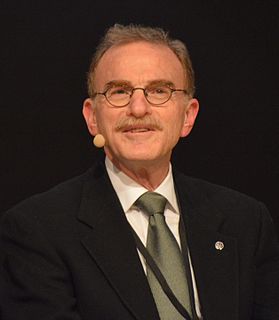Top 27 Microorganisms Quotes & Sayings
Explore popular Microorganisms quotes.
Last updated on April 14, 2025.
Most people are surprised when they hear my somber figures: we know of 2 million species of plants, animals and microorganisms, and we can give them each a scientific name and a diagnostic description. We know, perhaps generously, more than just a little bit of the anatomy in no more than 10 percent. We have done thorough studies in fewer than one-tenth of 1 percent. And the total number of species on Earth is unknown to the nearest order of magnitude.
Biologists have long attempted by chemical means to induce in higher organisms predictable and specific changes which thereafter could be transmitted in series as hereditary characters. Among microorganisms the most striking example of inheritable and specific alterations in cell structure and function that can be experimentally induced and are reproducible under well defined and adequately controlled conditions is the transformation of specific types of Pneumococcus.
Oils of cinnamon and eucalyptus are as powerful against some microorganisms as conventional antibiotics, and are especially effective against flus. Sandalwood oil from Mysore, India, is not only a classic perfume oil but is also a traditional remedy for sore throats and laryngitis. Lavender oil, so often used in toilet waters and scented sachets, has a dramatic healing action on burns.
The seemingly insuperable difficulties of deep-space travel suggest an intention to keep us fixed at home in our own solar system, and the physical nature of our part of the Universe, as well as the basic rules of physics and chemistry, have a warning look about them, like barriers designed to isolate intelligent life. This means that for us, unlike the situation for humble microorganisms, deep-space travel is probably a stark impossibility.
Creation is all things and us. It is us in relationship with all things. All things, the ones we see and the ones we do not; the whirling galaxies and the wild suns, the black holes and the microorganisms, the trees and the stars, the fish and the whales - the molten lava and the towering snow-capped mountains, the children we give birth to and their children, and theirs, and theirs, and theirs.
I want upon death to be buried, just like in the old days, where I decompose by the action of microorganisms, and I am dined upon by any form of creeping animal or root system that sees fit to do so.... I will have recycled back to the universe at least some of the energy that I have taken from it. And in so doing, at the conclusion of my scientific adventures, I will have come closer to the heavens than to Earth.
We inherit every one of our genes, but we leave the womb without a single microbe. As we pass through our mother's birth canal, we begin to attract entire colonies of bacteria. By the time a child can crawl, he has been blanketed by an enormous, unseen cloud of microorganisms - a hundred trillion or more.
We do not need to invent sustainable human communities. We can learn from societies that have lived sustainably for centuries. We can also model communities after nature's ecosystems, which are sustainable communities of plants, animals, and microorganisms. Since the outstanding characteristic of the biosphere is its inherent ability to sustain life, a sustainable human community must be designed in such a manner that its technologies and social institutions honor, support, and cooperate with nature's inherent ability to sustain life.
The big question that scientists haven't even begun to get an answer for is how many species of microorganisms are there? Now, this is not stamp collecting. What we need is experts totally devoting their research to everything they can find out about every species, in a community of scientists who appreciate that every fact counts...everything new you learn about any species in any group is worth publishing somewhere.
Now when you cut a forest, an ancient forest in particular, you are not just removing a lot of big trees and a few birds fluttering around in the canopy. You are drastically imperiling a vast array of species within a few square miles of you. The number of these species may go to tens of thousands. Many of them are still unknown to science, and science has not yet discovered the key role undoubtedly played in the maintenance of that ecosystem, as in the case of fungi, microorganisms, and many of the insects.


